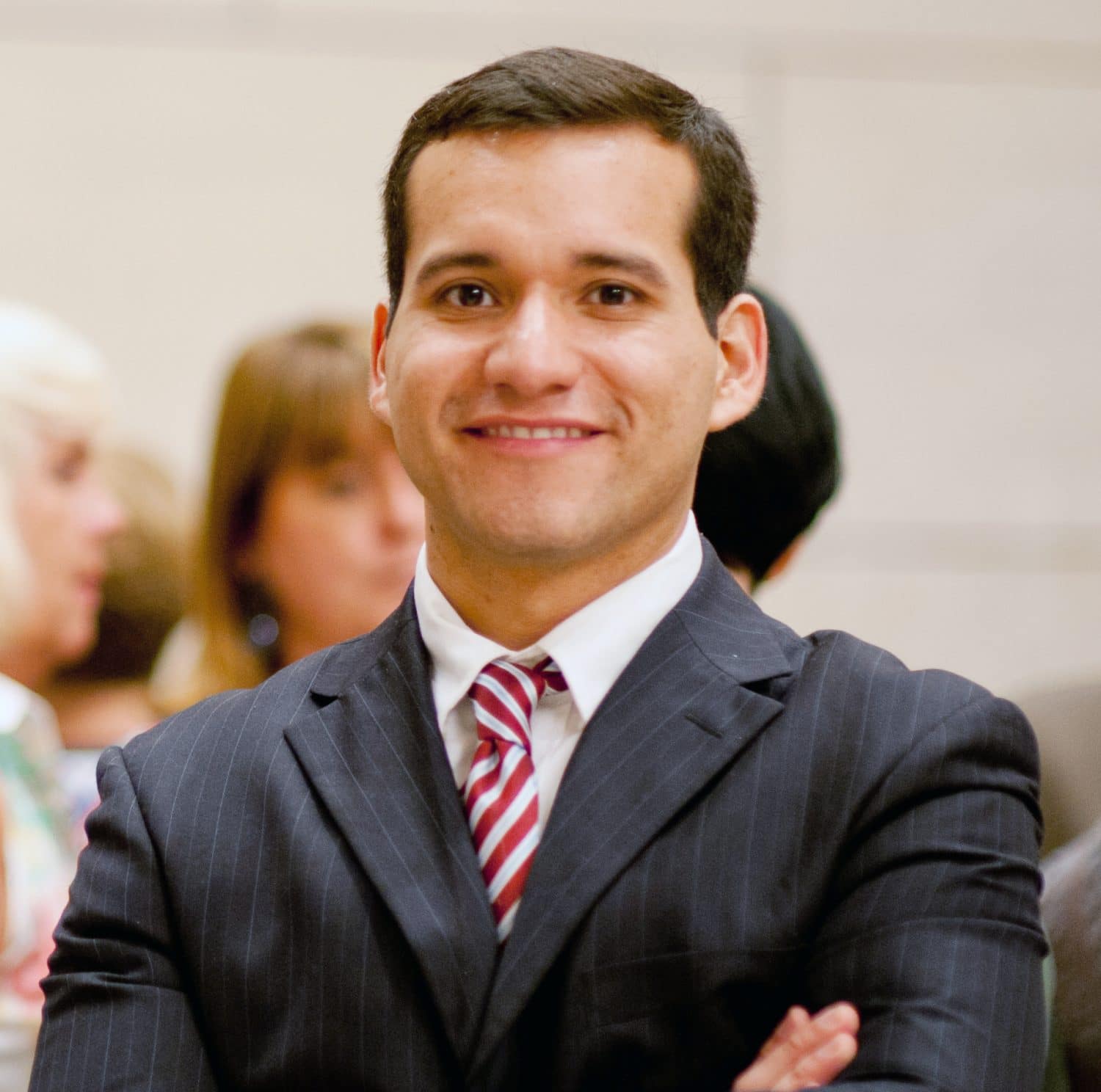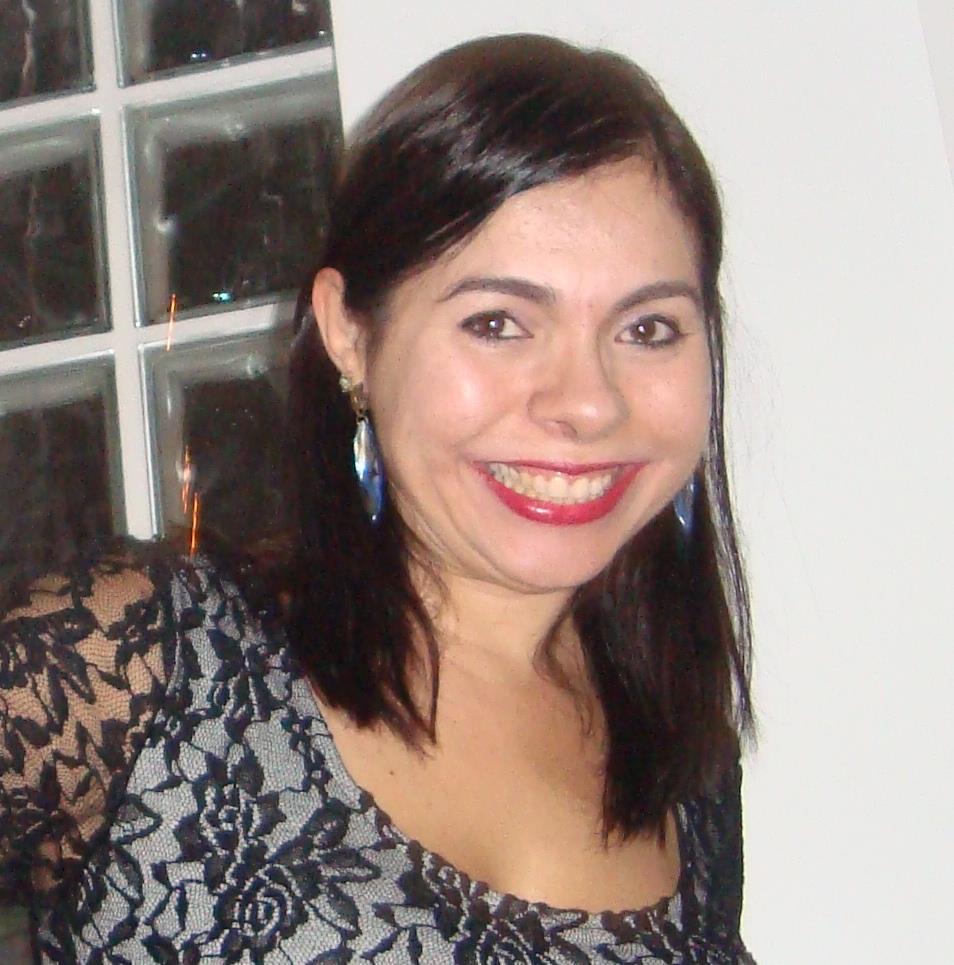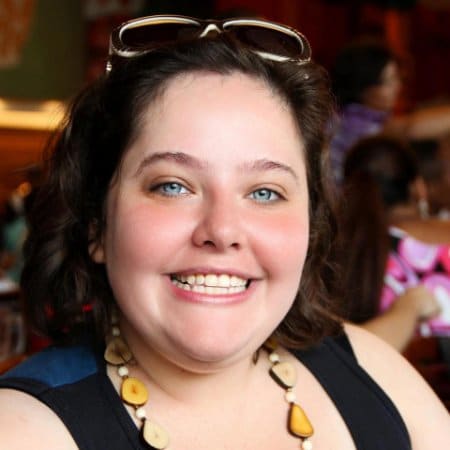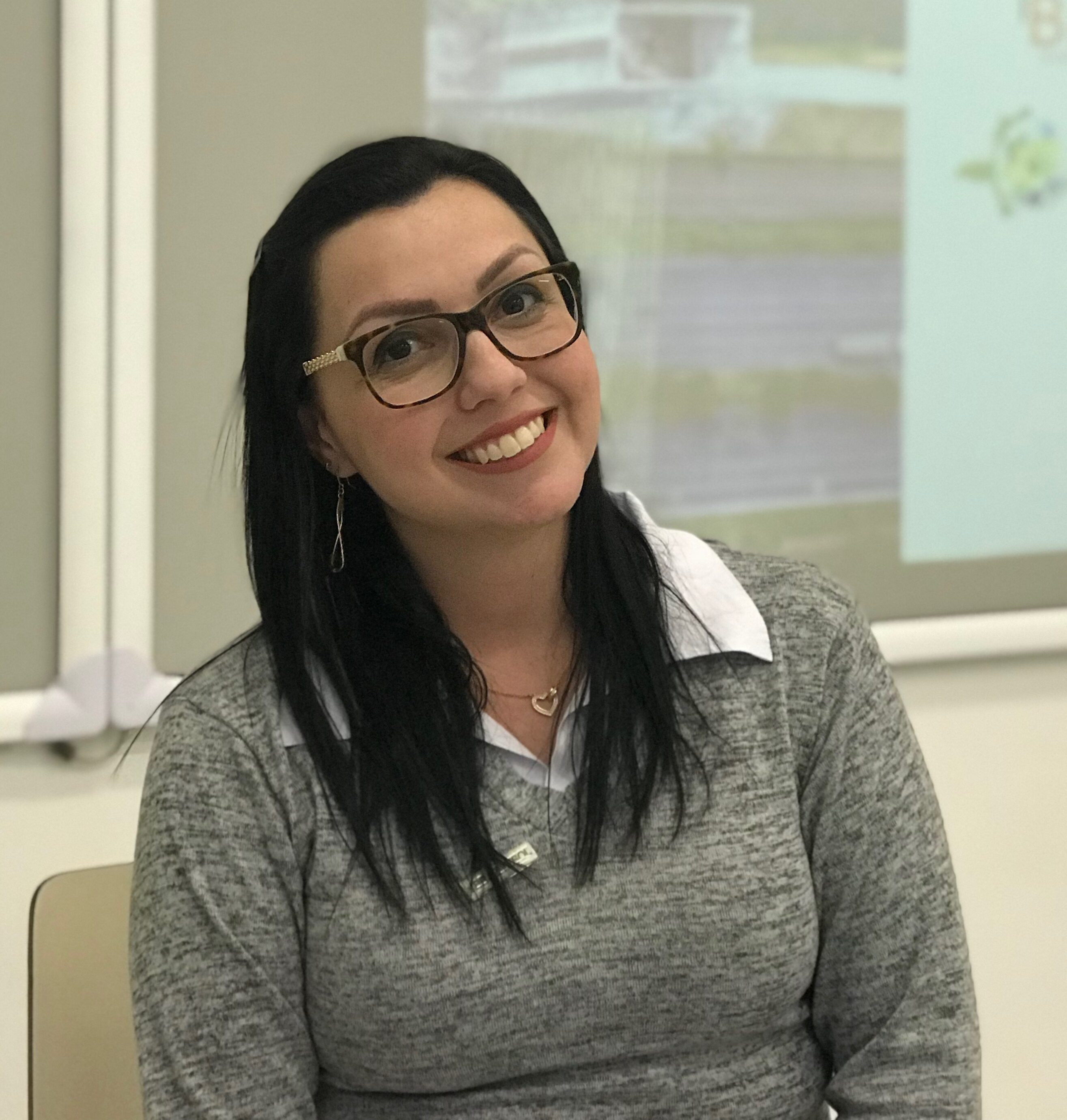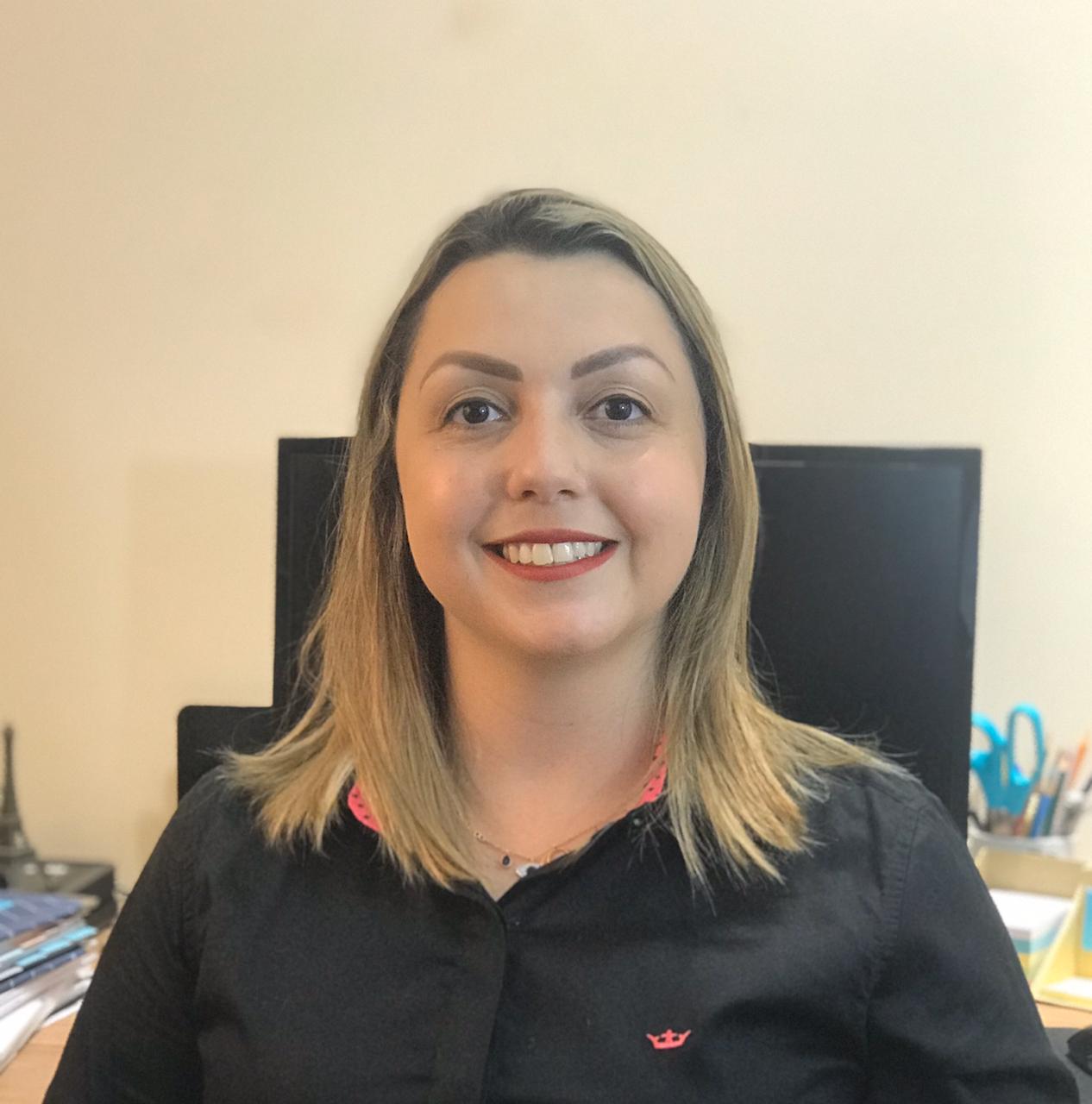UNDERSTANDING CRITICAL THINKING IN THE ELT CLASSROOM
So what happens to thinking when you attach the word critical to it? Is this another newfangled label that promotes a novel pedagogy or method for purely commercial reasons or other ulterior motivations without substantially affecting learning? Is this label bringing into ELT something extraneous to communication skills, such as political causes and social concerns? We in the language teaching profession are rightly suspicious of anything that claims to be new, fashionable, or revolutionary nowadays. For example, “Critical thinking” is definitely one of the watchwords in today’s EFL classroom; however, what do teachers really think about the issue?
In order to investigate what EFL teachers in Brazil think about “critical thinking”, I recently conducted a survey with statements about the topic to which teachers were asked to agree or disagree using a 5-point scale. As a result, three major myths about critical thinking were found to be most common among Brazilian EFL teachers.
Myth 1: Critical thinking should take place at the end of a lesson, after language has been taught
More than 70% of Brazilian EFL teachers declared to strongly agree that critical thinking takes place during language practice only. A strong belief among these teachers is that critical thinking is a result of using the language in speaking, listening, reading, or writing; not embedded in the language learning process.
Critical thinking or higher order thinking is a concept based on learning taxonomies such as Bloom’s taxonomy (Anderson et al, 2001). The idea is that some types of learning require more cognitive processes than others. In Bloom’s taxonomy, for example, skills involving analysis, evaluation, and synthesis are thought to be of a higher order, requiring different learning and teaching methods, than the learning of facts and concepts. As a consequence, it is possible for teachers to incorporate higher order thinking throughout language learning.
Myth 2: Critical thinking is a consequence of students’ mainstream education in Portuguese. There is not enough time to work it in Language Institutes
The survey conducted also pointed out that 56% of Brazilian EFL teachers either mostly or totally agree that critical thinking is a result of schooling in students’ native language. Unlike the first myth presented, this second misbelief goes beyond the classroom walls. It claims that critical thinking is a result of learners’ mainstream education only and that language institute programs are too busy to support higher order thinking skills. In fact, such programs can promote critical thinking in various ways.
One way is through well-designed communicative language classes, as explained previously in the sample grammar lesson described. Another way is by offering alternative programs related to English learning outside the classroom. For example, reading clubs, chat cafés, karaoke sessions, movie exhibits, and drama clubs, to name a few. In programs like these, learners may have the opportunity to use higher order thinking by comparing and contrasting cultures, discussing cause and effect of social events in the world, identifying whole and parts in famous landmarks, or just summarizing the ideas from a movie.
Myth 3: To teach critical thinking means to teach learning strategies
According to the survey conducted, 63% of EFL teachers in Brazil mostly or totally agree that teaching critical thinking is the same as teaching learning strategies. In this regard, it has been previously noted that teaching critical thinking is the explicit and monitored use of higher order thinking skills such as understanding, synthesizing, and analyzing. Teaching learning strategies, on the other hand, entails explicit and monitored use of mechanisms used to foster learning.

